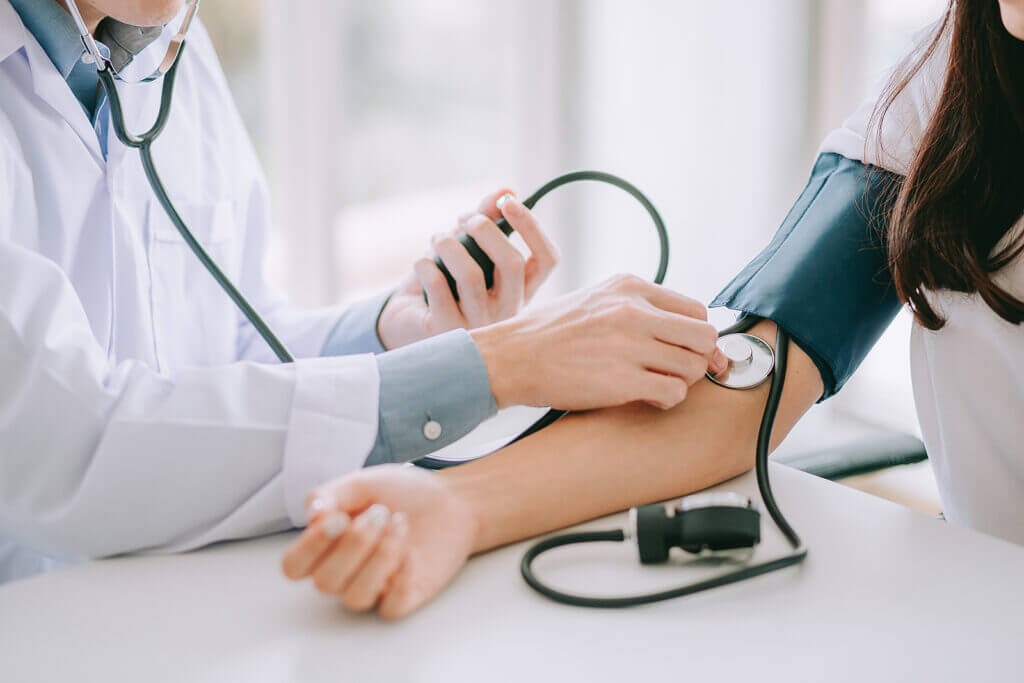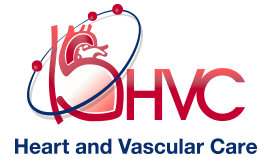Hypertension
Johns Creek Hypertension Treatment
Hypertension (high blood pressure), although it may not seem significant in the short term, can cause major problems if left untreated over a long period of time. Essentially, high blood pressure is when the force of your blood, pushing against the walls of your blood vessels is too high on a constant basis. For an average person, normal blood pressure is considered to be a systolic of 120 mm Hg over a diastolic of 80 mm Hg. To be classified as having hypertension, the systolic must reach 130 mm Hg.

Hypertension Causes
For most hypertension sufferers, the cause of the high blood pressure can be divided into two categories – essential high blood pressure or secondary high blood pressure. The cause of essential high blood pressure is still unknown. Secondary hypertension, however, is the byproduct of some other condition, Some common secondary causes are:
- Age
- Medications
- Obesity
- Obstructive sleep apnea
- Diabetes
- Smoking
- Physical Inactivity
Hypertension Symptoms
Most people with hypertension do not experience any symptoms, which is why hypertension is often known as the “silent killer”. If blood pressure nears 180/110 mmHg, symptoms will show and can include:
- Headache
- Nausea
- Dizziness
- Palpitations or irregular heartbeat
- Breathlessness
Hypertension Treatment
Treatment for hypertension depends on several risk factors such as severity, and associated risks for developing cardiovascular disease or stroke. Your doctor may suggest some lifestyle changes, such as exercise or a change in diet if blood pressure is only slightly elevated and the risk of developing cardiovascular disease is considered to be small. If blood pressure is moderately high and the doctors believe the risk of developing cardiovascular disease during the next ten years is above 20 percent, the doctor will probably prescribe medication and advised on lifestyle changes. If blood pressure levels are 180/110 mmHg or higher, the doctor will refer the individual to a specialist.
